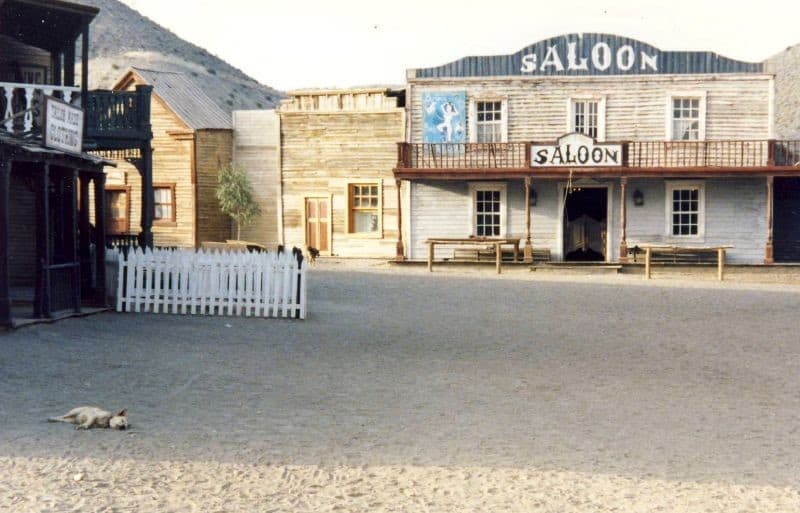The Federal Circuit recently upheld a lower court decision that the verbatim copying of lines of software code was permitted under the “scènes à faire” doctrine in copyright law.
Cisco Systems sued Arista Networks for copyright infringement.
Arista copied Cisco’s command-line user interface (“CLI”) program to configure Arista’s own technologies. Arista copied verbatim 500 of Cisco’s multi-line commands.
Software, like other “works of authorship,” including books, movies, architectural drawings, and music, is usually protected by copyright law. Under most circumstances, therefore, copying of software without the owner’s permission would be considered infringement.
However, under the “scènes à faire” doctrine, works that might otherwise be protected under copyright law aren’t.
The “scènes à faire” doctrine was originally applied in the context of dramatic works like novels, plays, and movies.
Dramatic works in certain genres use many of the same conventions or tropes.
For example, Westerns often involve lone gunslingers, evil cattle barons, dance hall girls with hearts of gold, and shoot-outs on main street. It would be problematic for one author to claim “ownership” of such common elements and deprive other authors of the right to use them.
In the Cisco case, the district court found that Arista was “constrained by functionality and preexisting network industry protocols.” In other words, the copied elements had become “stock” and were no more entitled to copyright protection than a generic saloon fight.
Arista was backed by an amicus brief from the Electronic Frontier Foundation (EFF) which made the following points:
First, where the collection of commands in question is simply a group of standard, highly functional commands, arranged based on logic and industry standards, it shouldn’t be copyrightable at all. Second, any copyright that does exist must be sharply limited, as a matter of law and good practical policy. Without such limits, the software industries will find themselves embroiled in the same elaborate and expensive cross-licensing arrangements we see in the patent space and/or face an explosion of litigation. Either option will discourage innovation and competition.
The decision is good news for those in the software field who build on the works of others for purposes such as interoperability.
The case is Cisco Systems v. Arista.
To receive poetic updates on IP law, sign up for our monthly collection of patent haikus and news here:


